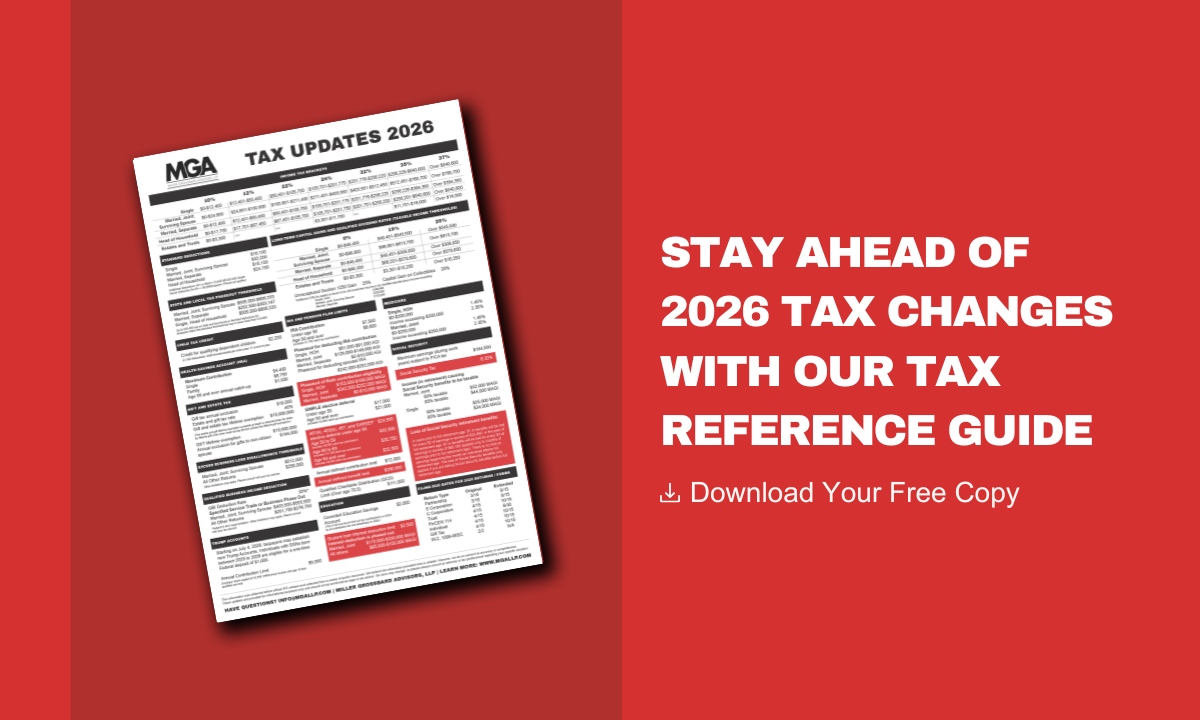A $12.7 billion property tax cut package will be voted on by Texans later this year. Governor Greg Abbott has already signed the legislation, but before the tax cuts can take effect, Texas voters need to approve the expenditure of billions in taxpayer money in a constitutional election on November 7. If approved, which seems likely based on past voter support for tax cuts, the changes would be reflected in the 2023 tax bills due in January.
The proposed legislation for property tax cuts in Texas is multi-faceted and complex. Here, we dissect the key components step-by-step to fully understand the implications.
Texas Property Tax Cut Vote: What is Being Voted On?
This summer, Texas lawmakers passed three bills to allocate $13.3 billion from an unusually large state surplus to reduce the state's high property taxes. This surplus mainly came from record sales tax collections, boosted by national inflation after the pandemic. Along with a previously budgeted $5.3 billion aimed at reducing school tax rates, a total of $18.6 billion is slated for property tax cuts this year.
The primary action item to be voted on is a constitutional amendment that would allow Texas to enact the tax cuts proposed in Senate Bill 2 (details the proposed property tax cuts costing $12.7 billion) and Senate Bill 3 (adds cuts to the franchise taxes some businesses have to pay costing ~$600 million). The need for a constitutional amendment lies in the intention to make any future changes to the bill subject to voter approval and to manage the budget effectively.
Key Components of Texas' $12.7 Billion Property Tax Cut Proposal
- School Tax Compression:
Cost: About $7.1 billion
Impact: This would reduce the property tax rate levied by school districts by 10.7 cents per $100 of a property’s valuation. This is critical because school districts' taxes make up the largest portion of most property tax bills.
- Homestead Exemption Increase:
Cost: An estimated $5.6 billion
Impact: The exemption would go from $40,000 to $100,000, effectively lowering the taxable value of primary residences.
- Temporary 20% Appraisal Cap:
Impact: Limits annual increases in taxable value for commercial, mineral, and some residential properties valued under $5 million.
- Franchise Tax Exemptions:
Cost: About $600 million
Impact: Increases the revenue threshold for businesses to pay franchise taxes, potentially removing 67,000 additional small-to-medium businesses from the tax rolls. Although it doesn't reduce property taxes, this provision is part of the package to offer additional tax relief.
- Elected Appraisal Officials:
Impact: Three positions in each appraisal district’s board of directors will now be elected, thereby making the appraisal process more accountable to the public.
Who Benefits from Texas' Proposed Property Tax Cuts?
- Homeowners Under 65: An average reduction of 41.5% in property taxes, or about $1,300 per year for a $350,000 home.
- Senior Homeowners and Those with Disabilities: An additional exemption of $10,000 on top of the new $100,000 exemption, plus rectification for those who lost out last year.
- Small Businesses: Would benefit from the 20% appraisal cap and the lowered franchise tax threshold, as well as the reduced school district taxes.
- Large Businesses: Would also benefit from the reduced school district taxes and the 20% appraisal cap if their individual properties are valued under $5 million.
- Commercial Landlords: Those owning rental properties valued under $5 million would benefit from a 20% year-over-year cap on appraisal values and a reduction in school property taxes. The proposed law leaves it to the landlords' discretion whether to pass the tax benefits on to renters, with no requirements stipulated in the legislation.
Additional Insights: Admin Savings and Retroactive Exemptions in Texas Tax Bill
- Administrative Savings: For small businesses, the new franchise tax limits also eliminate the requirement to file no tax due franchise tax returns, saving administrative costs.
- Retroactive Exemptions: Homeowners who haven't applied for a homestead exemption can apply retroactively for up to two years.
- Voting Matters: The requirement for a constitutional amendment acts as a safety net for taxpayers. Any changes to these tax laws would have to go through the electorate, making it a more democratic process.
Making the Complex Simple, One Tax Bill at a Time
The push for this amendment is likely rooted in the high property taxes in Texas, which are among the highest in the U.S. The state accumulated a surplus largely due to high sales tax collections post-pandemic, providing an opportunity for tax relief. However, it's worth noting that property tax reduction might have longer-term impacts on public services like schools.
In summary, the upcoming constitutional election in Texas has the potential to reshape the financial landscape for both homeowners and businesses. Given the complexities and far-reaching impacts of the proposed $12.7 billion property tax cut package, staying informed is essential. That’s exactly what we are here to do. If you have any further questions or concerns, don’t hesitate to reach out.
We are here to make the complex simple, one tax bill at a time.
.png?width=191&name=mgalogofinal-01%20(3).png)




